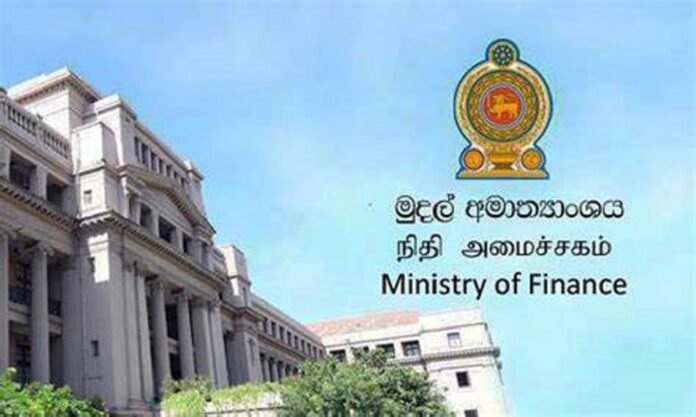By: Staff Writer
Colombo (LNW): Sri Lanka’s revenue administration and management information is being handled manually at present due to the mal functioning of the automation system, finance ministry sources revealed.
It has been observed that when renewing the agreement with Singaporean company which developed and maintains Revenue Administration and Management Information system RAMIS 2.0 is to be expired by January 2024.
Therefore the Inland Revenue Department has been compelled to upgrade RAMIS 2.0 in compliance with the proposed new taxes (Inheritance tax and Wealth tax etc.)
It has to be integrated with other state institutions connected with IRD and use National Identity Card Number as the unique identification number.
The automated system system will be upgraded with the technical capacity to prevent the delays in registration of tax files and the development of all modules of RAMIS will be finalized by September 2023, finance ministry sources disclosed.
It has been initially proposed to interlink 6 public institutions with RAMIS and now it is expected to interlink 29 public institutions.
The agreement with the Singaporean Company to develop and maintain the RAMIS 2.0 will be expired by 31st January 2024, and the internal capacity including the human resources of the Department has not been developed to take over the full responsibility of the RAMIS 2.0 by the end of this year.
It is recommended to introduce a Public-Private Partnership (PPP) changing the business model of RAMIS by involving a private entity to run the back office and maintain the system by creating a mutually beneficial arrangement(
The Inland Revenue Department has been directed to expedite the process of uploading data for opening tax files within a period of one year.
Currently, data of the year 2018 is being entered into the RAMIS, and it has been directed to ensure that the RAMIS is updated with the latest data in the opening tax files.
The IRD is not equipped with a Back Office where developer, programmer and user are present together.
It is recommended to put in place an efficient mechanism to accelerate the collection of Collectable and the Held over taxes within 3 years.
The IRD is to collaborate with the countrywide census to be conducted in 2024 by the Census and Statistics Department in order to gather information required to open tax files for every citizen who attained the age of 18 years.
Further, IRD will provide the required parameters to the Census and Statistics Department and necessary legal amendments to be brought in to enhance revenue collection.

